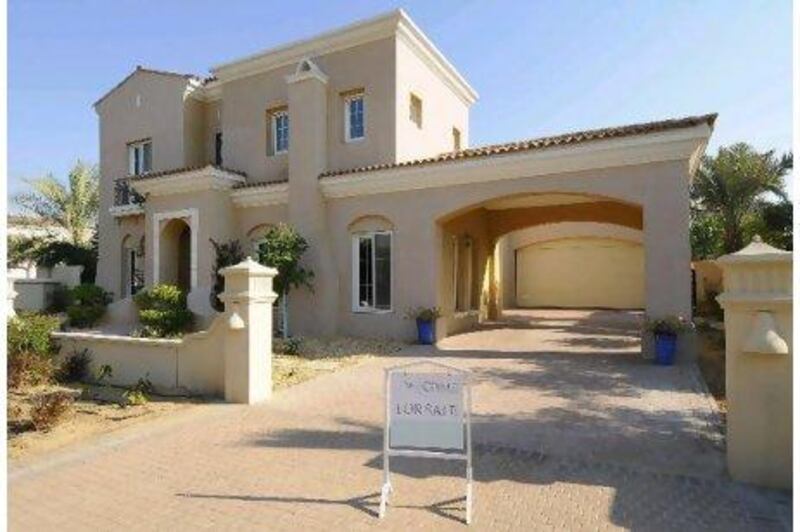Dubai's property sector has hit the bottom and is on its way back up, the chairman of the emirate's biggest developer said today.
Mohamed Alabbar, the chairman of Emaar Properties, said Dubai is oversupplied but that the situation may correct itself within 20 months.
He said lower prices had reduced the cost of doing business in the emirate and helped it stay competitive. The oversupply "is going to be a great advantage for the city", he told a conference in Dubai.
With more projects coming online, there will be more than 80,000 excess units available during the next two years, according to Landmark Advisory. However, risks the city took during the bubble would ultimately work to its benefit, Mr Alabbar said.
"Dubai has been criticised for taking too much risk, but in truth Dubai should be celebrated because of the risk the city has taken," he said.
Still, he said the crisis had presented him and his company with a "pretty big bump" to overcome. "Everybody got hit," he said, but "I think everything is back aside from the real estate side."
One of Emaar's mistakes, he said, was that it had been too dependent on Dubai and had not expanded quickly enough into fast-developing markets such as India. Emaar hopes to generate 50 per cent of its business outside Dubai in the next few years; Dubai currently accounts for 80 percent of its business, according to published reports.
Despite these faults and the turmoil caused by the crisis, he said Emaar was ready to launch upon its next stage of growth, financed through debt and possibly by selling shares in some of its subsidiaries to the public. But the Investment Corporation of Dubai, a government investment arm that owns about a third of Emaar, is not planning to sell its stake as part of a planned privatisation drive revealed yesterday.
"Our decision has nothing to do with the government privatisation drive, because that's really their business, but I think for anyone to grow you will either increase your capital or take some of your entities and take them to the public market," Mr Alabbar said.
"You will increase your debt. So I think the future is about a combination of all. If something interesting comes, we'll probably take it and see which one of these will work better for us to grow in the future. If we're saying the worst is over, then we have to shift gears and start looking 20 miles ahead."
*Additional reporting by Kevin Brass






